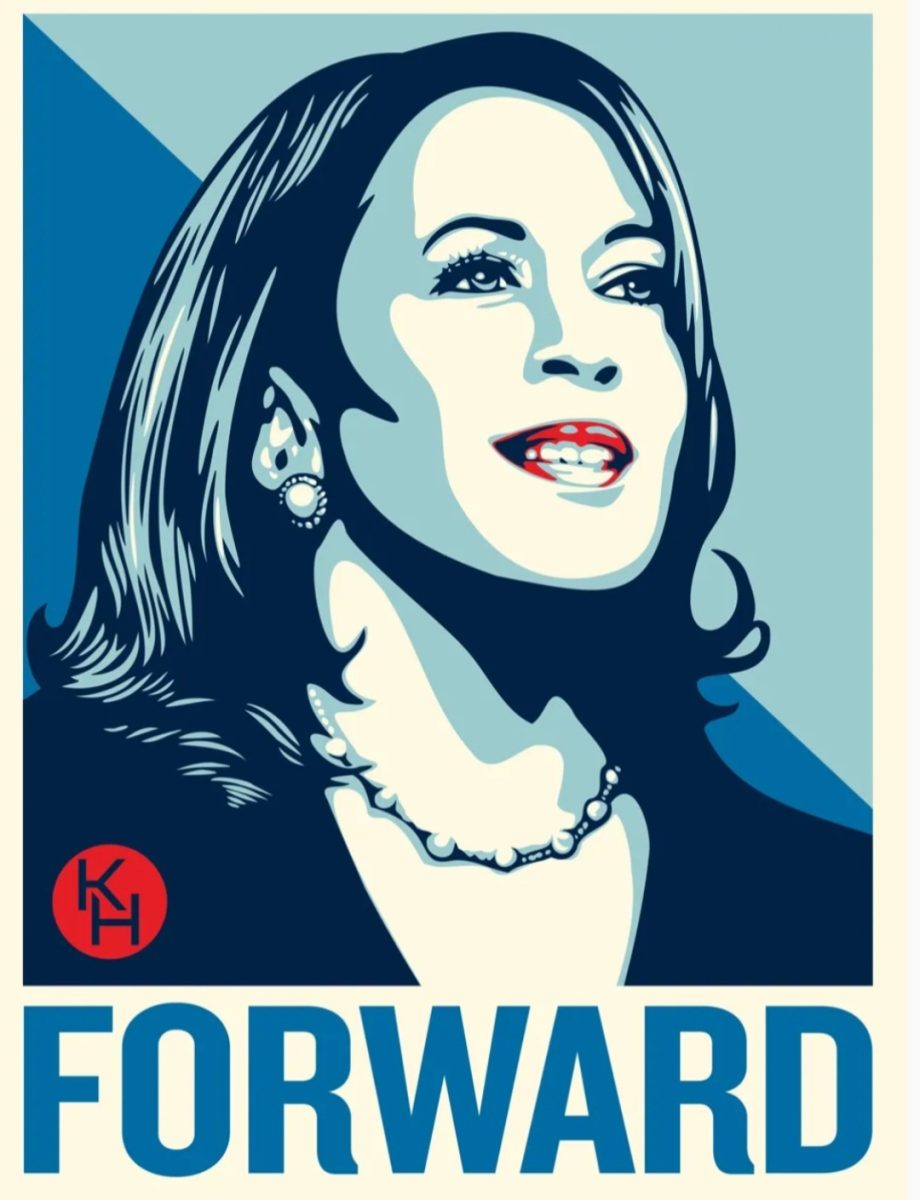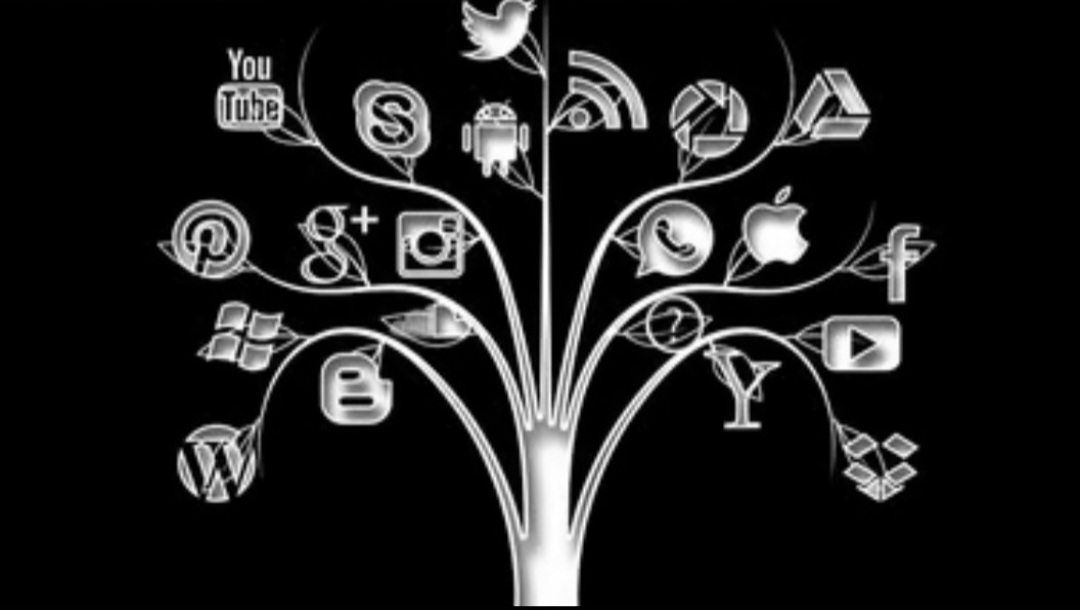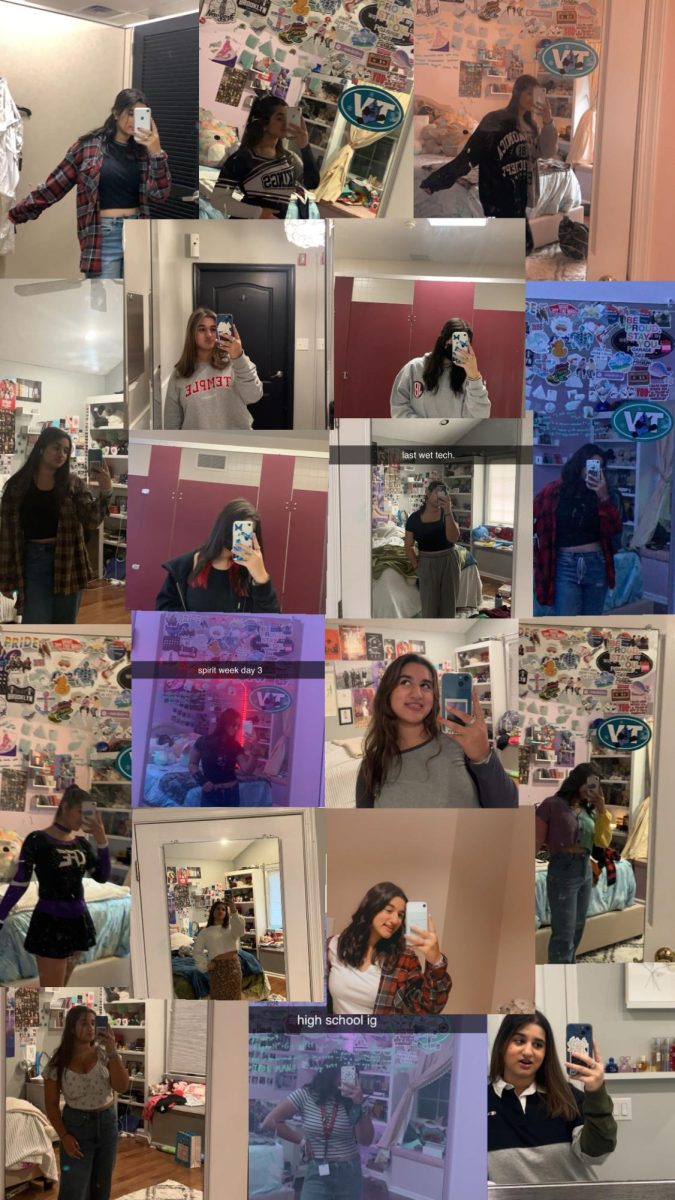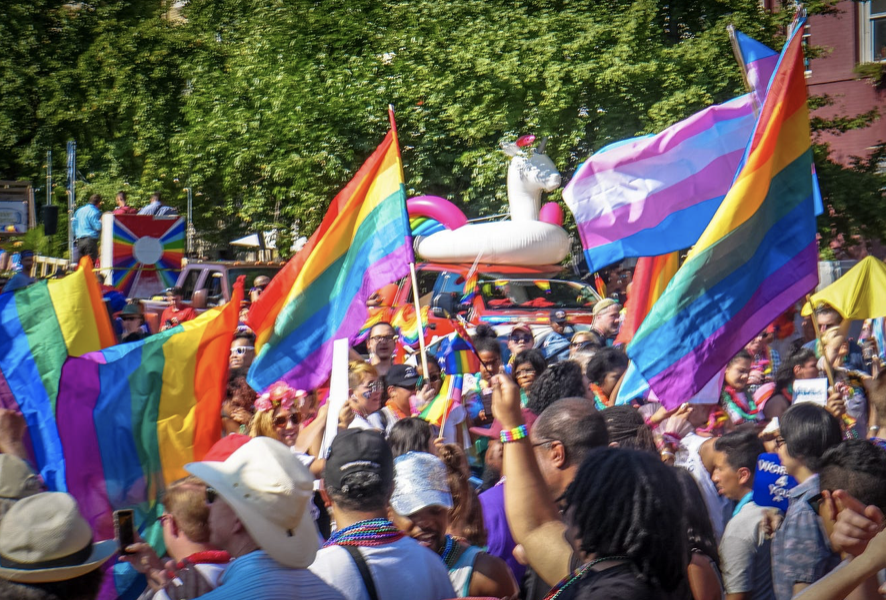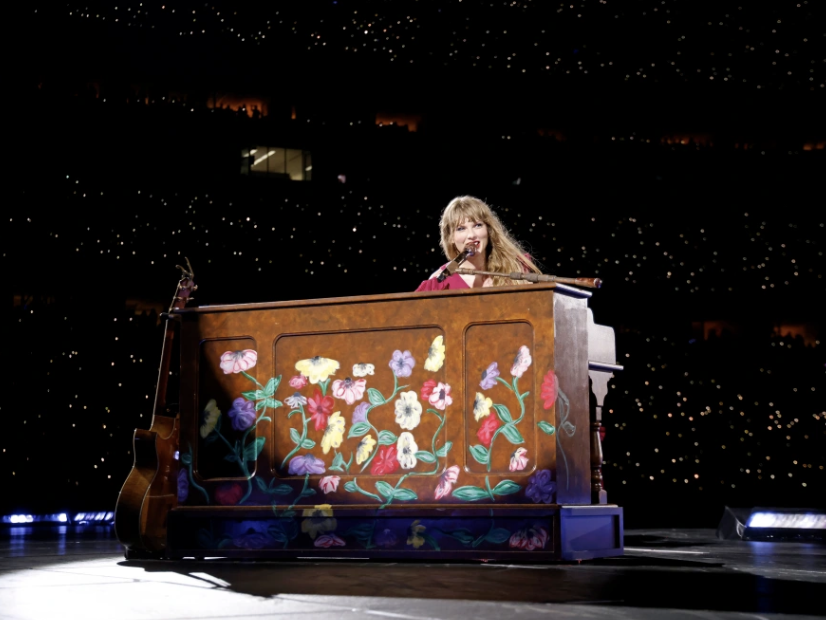Cultural unawareness is an obstacle in itself for human relations, but especially for kids who are forming new relationships consciously. An insensitive approach to culture can affect students’ social life, perception of themselves, and a student’s future profession. But what is cultural unawareness?
Cultural unawareness is the inability to understand different beliefs, traditions, or behaviors about certain cultures. This lack of understanding often accompanies a lack of respect for the culture or not giving recognition. Children can be both affected by culturally unaware kids or be culturally unaware themselves. This is a problem that is way behind the time and needs a solution.
Cultural Unawareness Affects Everybody
Many adults that grew up without cultural sensitivity don’t know they didn’t. After K-12, these adults attended colleges with many different cultures. This exposure becomes a problem within these adults’ social life because they don’t know which boundaries not to overstep, terms not to use, or not to judge something. The situation is more common than one might think. The rise of urbanization and its diverse groups puts them in that position of being unknowingly offensive. This applies in all areas. Working with someone or being assisted by someone like this can be uncomfortable for the other party.
So how do we keep kids from becoming culturally unaware? Well actually, cultural unawareness doesn’t just start. Everyone starts out culturally unaware, and unaware in general. But the root of this problem comes from not introducing cultural awareness to kids.
How Cultural Unawareness Affects Kids
Cultural unawareness can cause unnoticeable bullying, self-consciousness and cultural insecurity. . Bullying is usually what takes place first, including mocking someone’s lunch, how they look, or how they speak. ,. Most kids don’t even know they’re being disrespectful. They just think they’re pointing out abnormal things, but really, they are picking on another kid’s cultural identity. What’s even sadder is that adults may not usually pick this up, and kids don’t understand how harmful their misconceptions can be. These small microaggressions cause self-consciousness. Kids may feel nervous talking about their culture, looking like it, participating in it, and having anything to do with it at all. To protect themselves, they may start to stray away from it and try to push themselves into similarity, because differences make them socially vulnerable.
All together, they may begin to be culturally insecure. The things about their culture that they enjoyed, but hid, they may begin to dislike. The kids on the flip side create an unenjoyable environment for these kids because they set a custom on what’s considered “normal”. These issues that affect kids often go unnoticed in school.
How To Make It Better
Some would argue that this problem is “unavoidable.” Certain areas that have a prominent race attending the school can not control cultural insensitivity. What’s even more disturbing is that some just call it “a part of life.” This can not be debated. We are in a new age where New World problems like these can be solved and erased. The best way to go about this for schools that lack diversity is to make classes and electives available that teach cultures and societies around the world. In this way, kids can learn the importance of different peoples and respect them.



